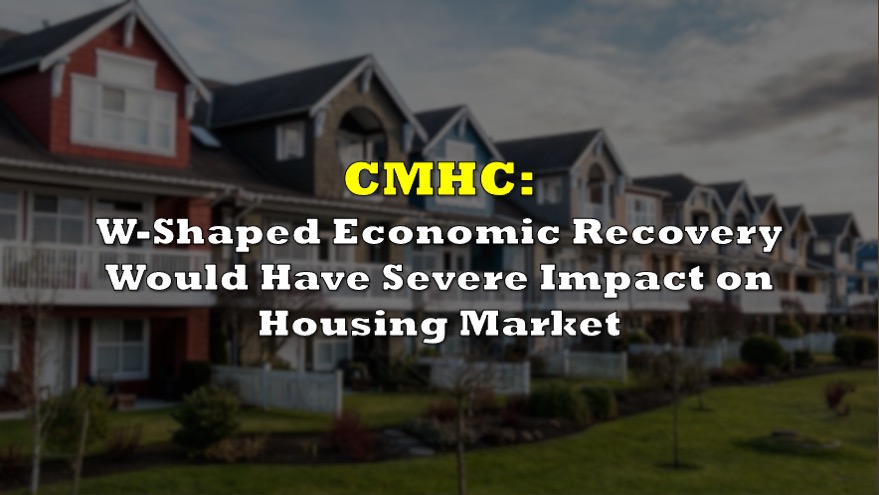With the current situation of the real estate market, it’s not surprising that market watchers can’t help but get flashbacks of the 2008 crash. Resale inventory is low, interest rates are high and it seems they’ll just keep going up, and now mortgage lenders are going bankrupt.
First Guaranty Mortgage Corp has filed for bankruptcy protection, while Sprout Mortgage quietly and suddenly shuttered its doors early in July, leaving 600 workers unemployed in its wake.
The two mortgage lenders specialized in non-qualified mortgages (NQMs) or non-traditional loans that aren’t eligible for government backing. Designed for borrowers with unique income circumstances — self-employed borrowers, first-time homebuyers, borrowers with substantial assets but limited income, jumbo loan borrowers, and investors otherwise not qualifying for the GSE and government loans — these loans use non-traditional methods of income verification.
NQMs were particularly popular this year, reaching double their share of the pie at 4% compared to just 2% of the market in 2020, according to CoreLogic, a housing market data analysis firm.
But, while NQMs used to be an option for creditworthy borrowers with income circumstances that wouldn’t let them qualify for traditional programs, what happened to First Guaranty and Sprout is raising red flags, especially for non-bank lenders.
Ultimately, all lenders are at the mercy of the Federal Reserve’s interest rates. Many NQM lenders, much like First Guaranty and Sprout, will feel the pain when loan values dip as the Fed raises interest rates. When values slide, emergency financing is not typically as accessible to non-bank lenders as it is for larger banking lenders.
First Guaranty, in its bankruptcy filing, said that when interest rates began to rise, lending volume fell and the company found itself owing over $473 million to creditors.
Most housing market watchers say that stricter lending rules safeguard the US against another housing market meltdown similar to what happened in 2008. Today’s NQMs are considered safer bets versus the high-risk loans that drove the 2008 crash.
Information for this briefing was found via the sources and companies mentioned. The author has no securities or affiliations related to this organization. Not a recommendation to buy or sell. Always do additional research and consult a professional before purchasing a security. The author holds no licenses.









